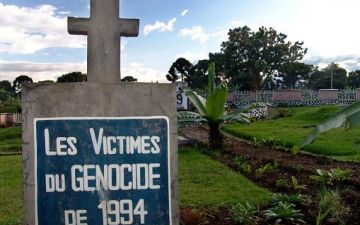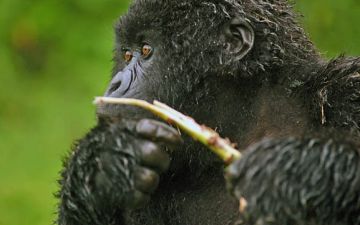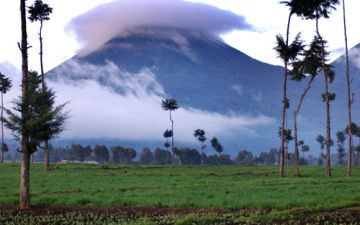Part 2: American Students Struggle With Stark Differences

Kigali, Rwanda -- Basketball will have to wait, at least until her novelty wears off.
Kylie Butler, a 16-year-old Thetford Academy student, has been invited by a Rwandan girl to join some young men playing a pickup game on a rough cement court at a primary school in Rwanda's capital. But as she leads Kylie toward the court, a group of children abandon their nearby soccer game and form a tight circle around Kylie and classmate Lizzy King, 17, clamoring for attention.








